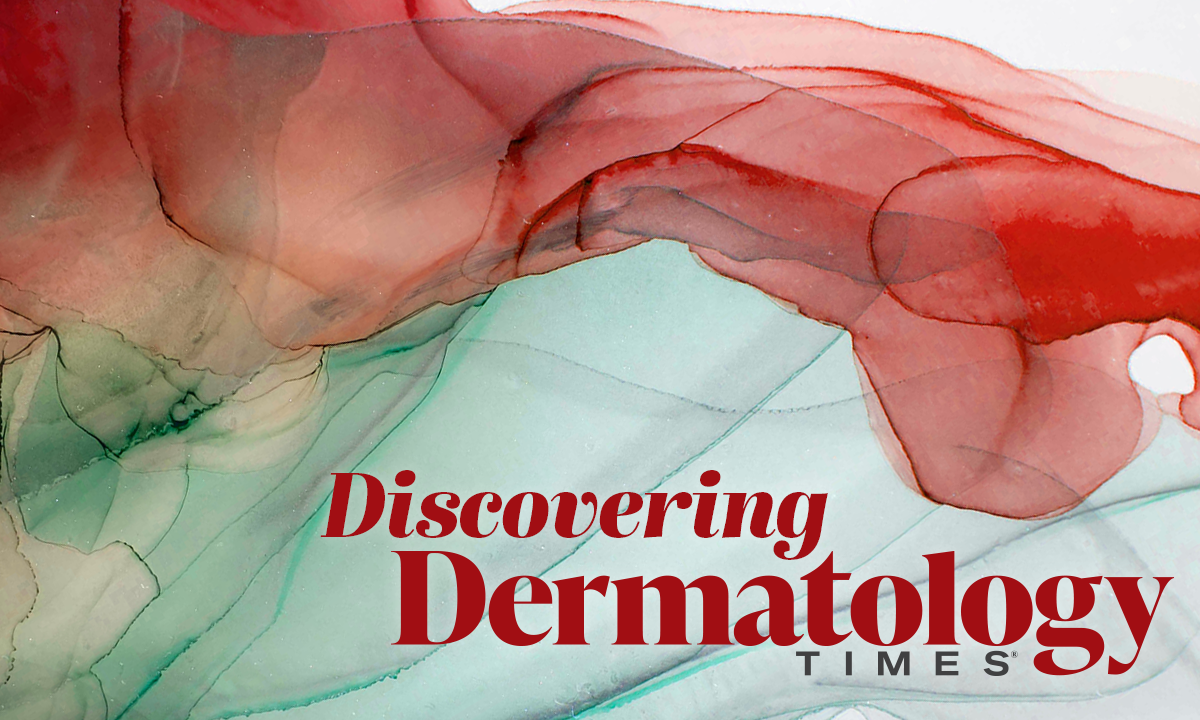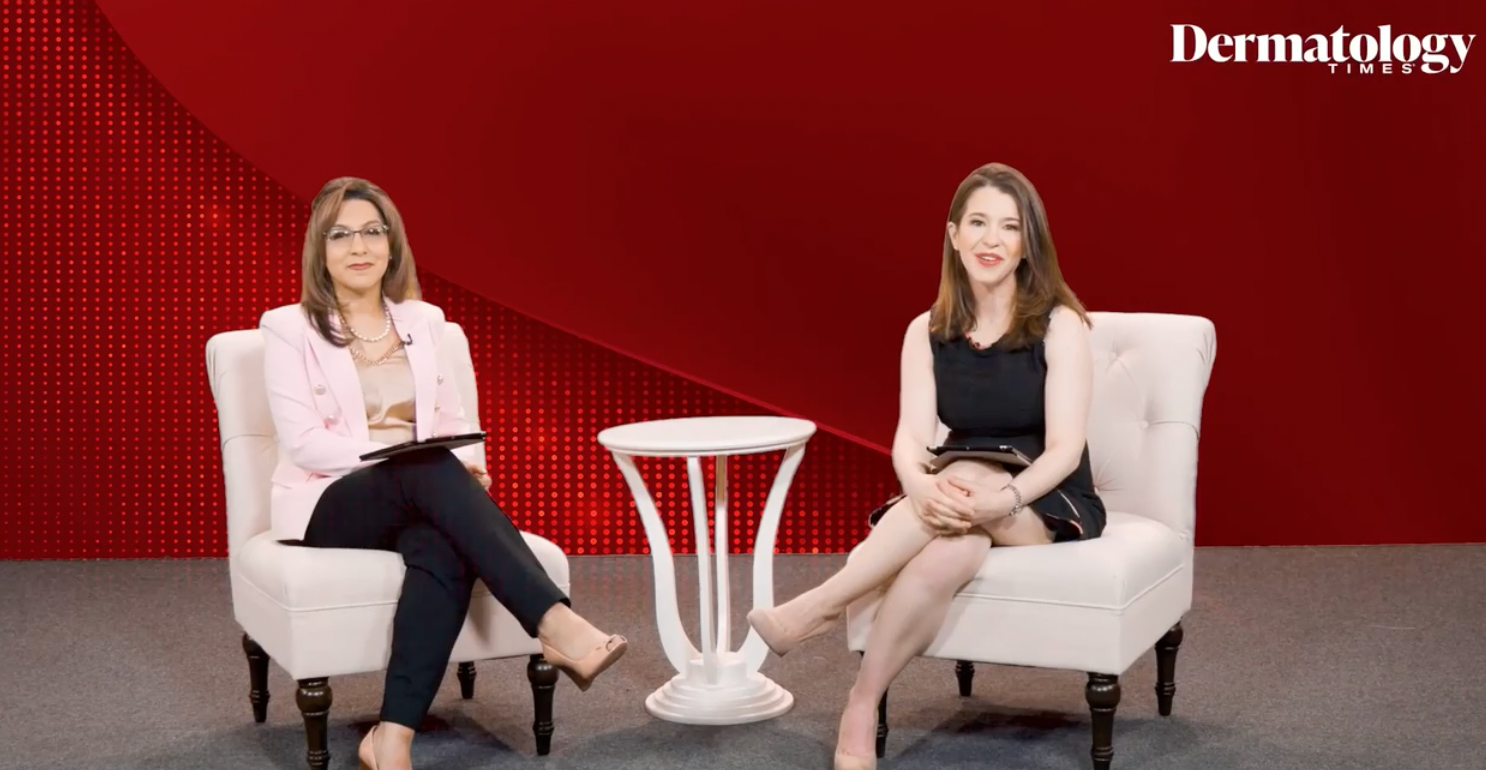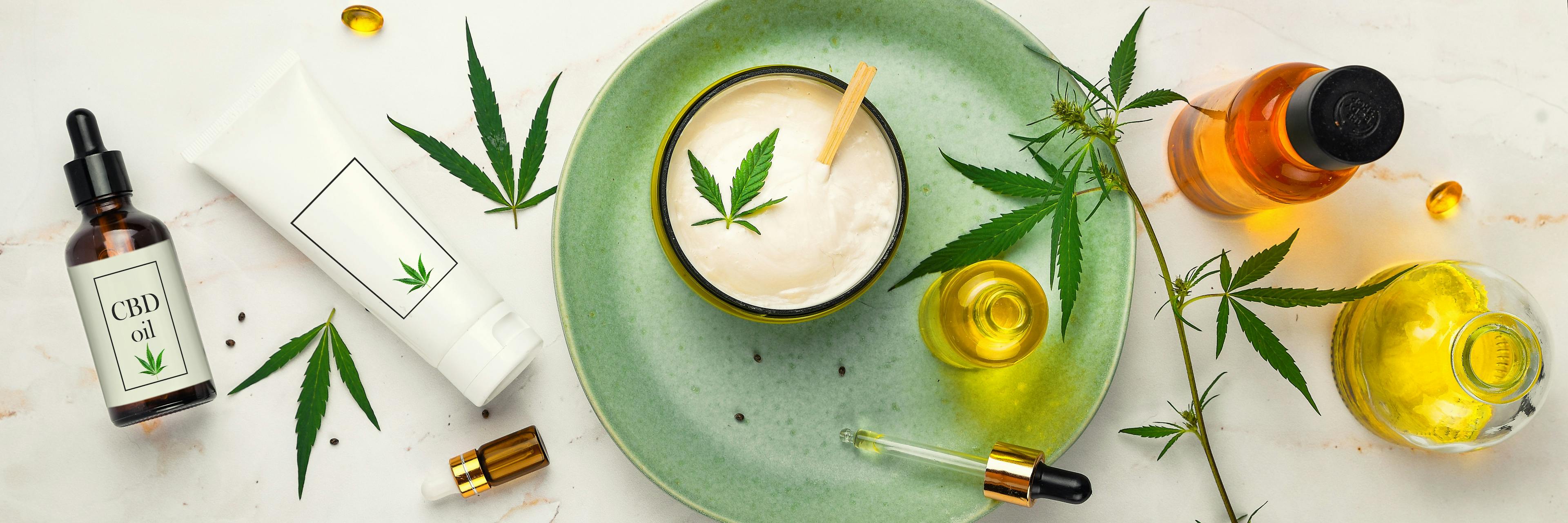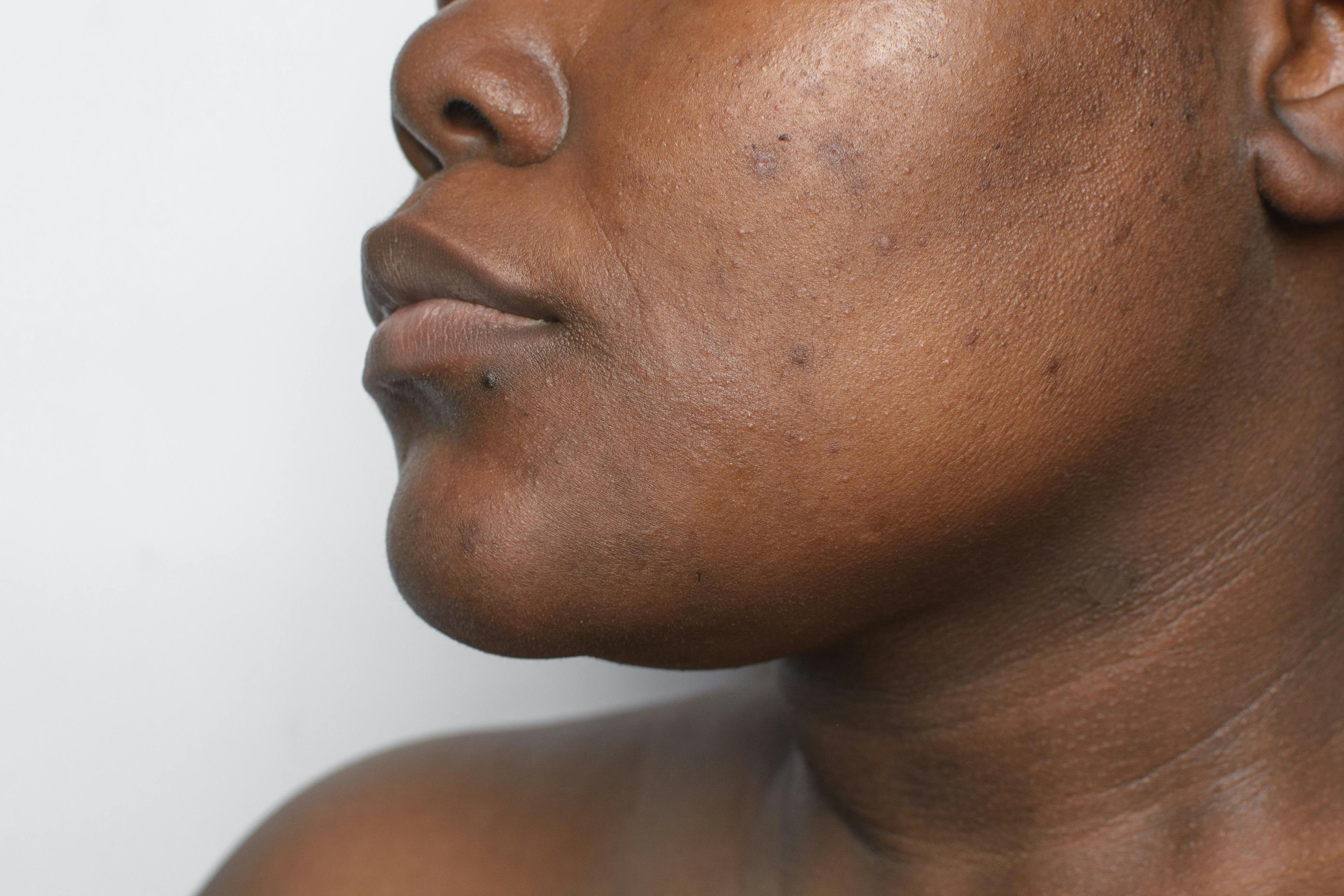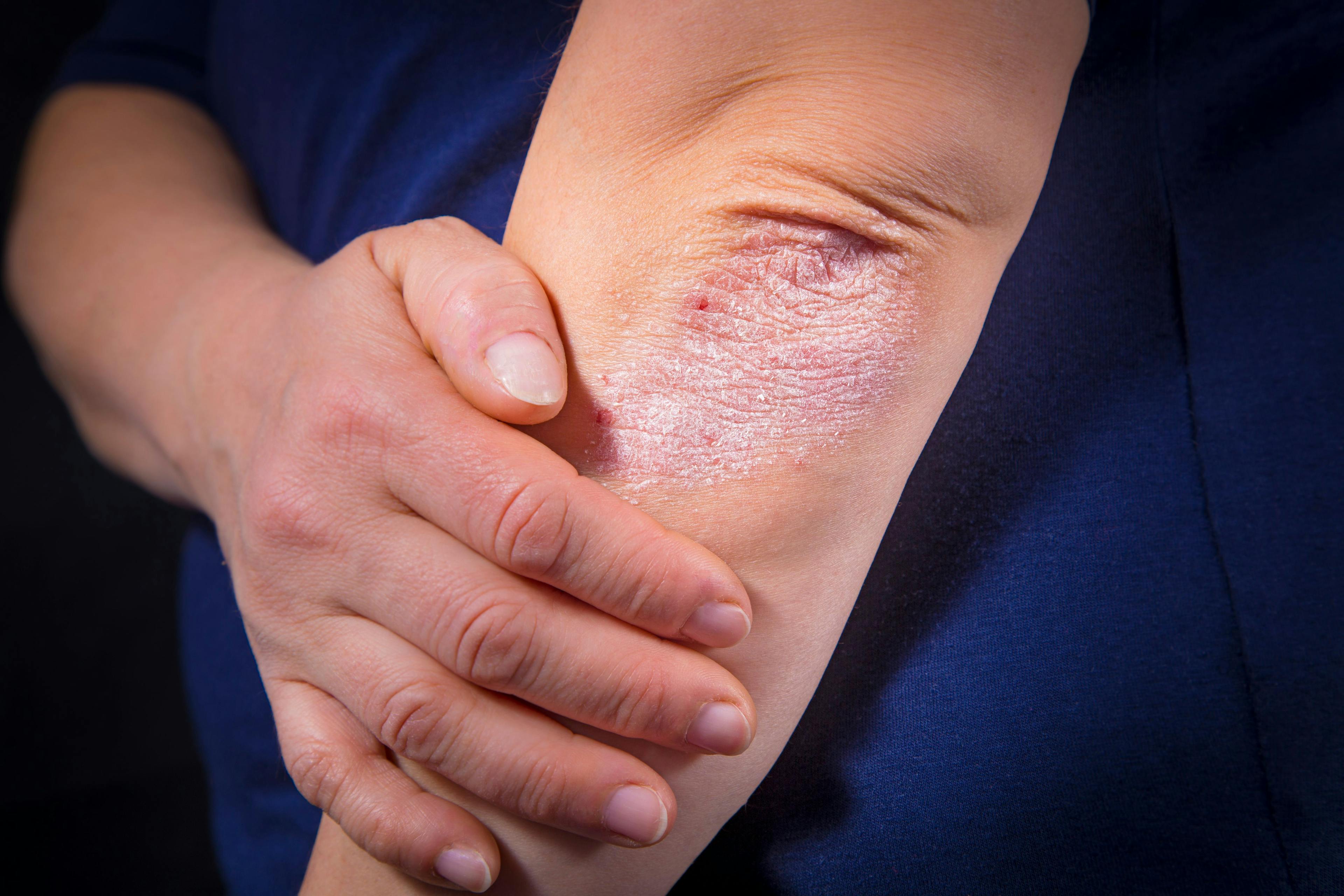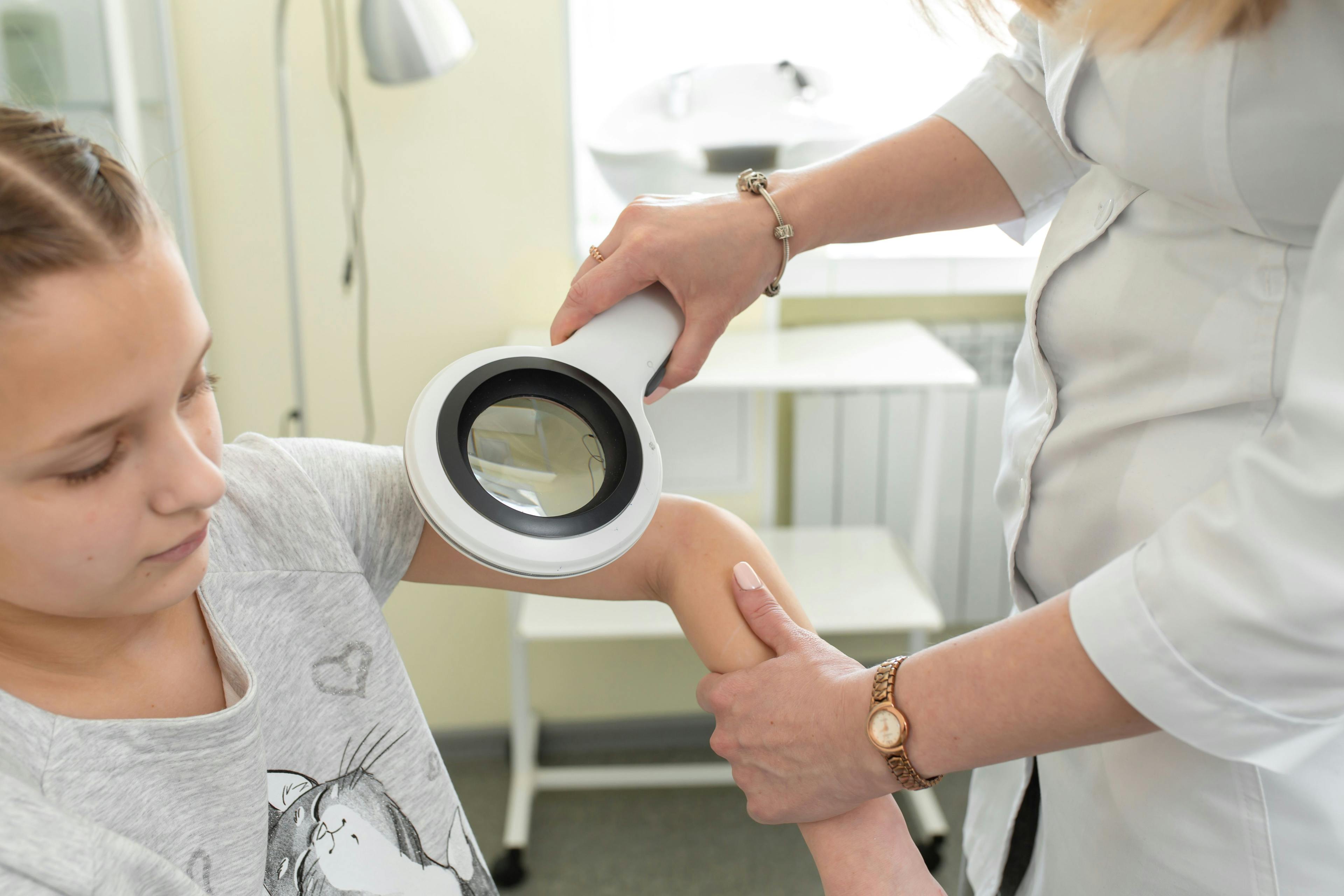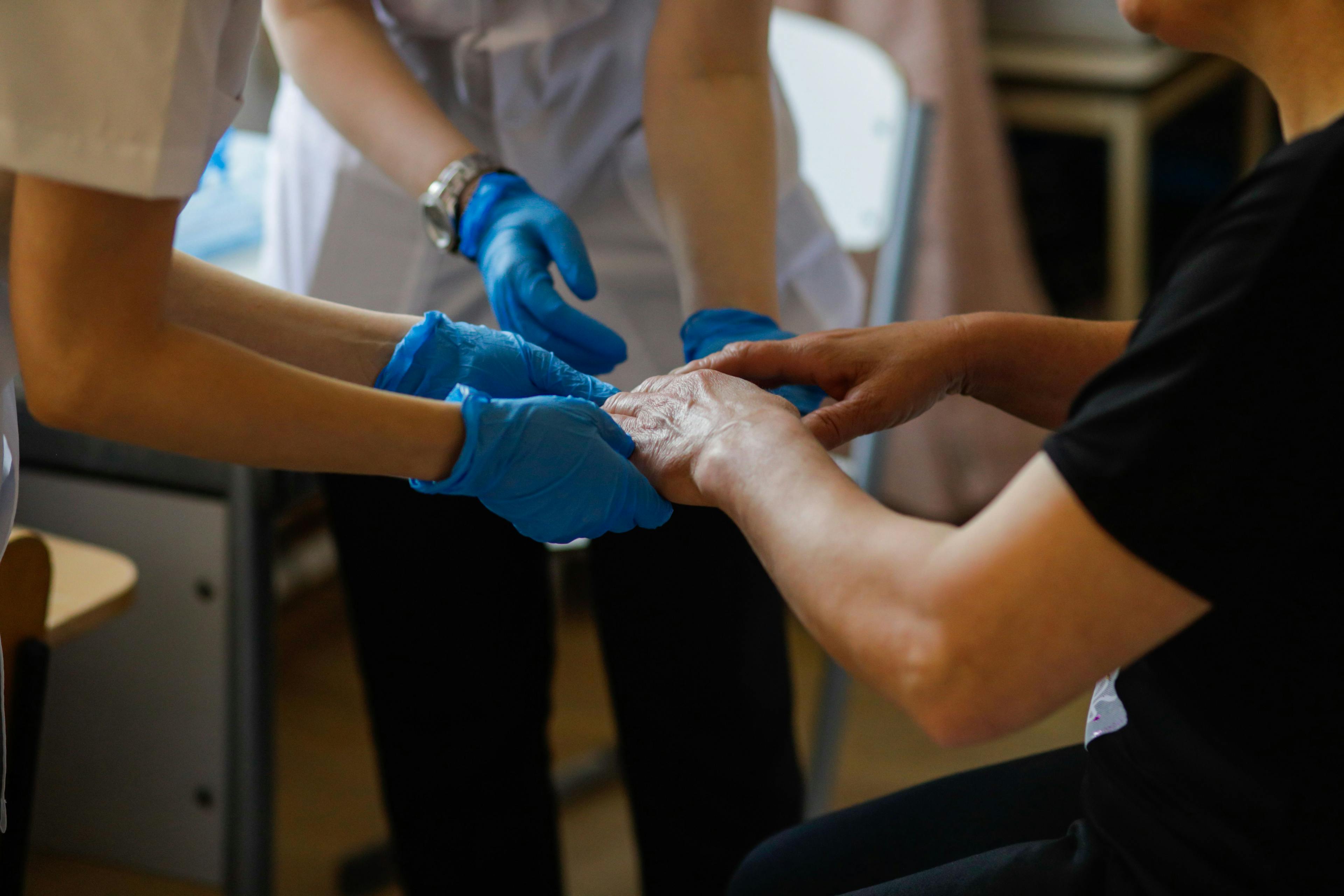- Acne
- Actinic Keratosis
- Aesthetics
- Alopecia
- Atopic Dermatitis
- Buy-and-Bill
- COVID-19
- Case-Based Roundtable
- Chronic Hand Eczema
- Chronic Spontaneous Urticaria
- Drug Watch
- Eczema
- General Dermatology
- Hidradenitis Suppurativa
- Melasma
- NP and PA
- Pediatric Dermatology
- Pigmentary Disorders
- Practice Management
- Precision Medicine and Biologics
- Prurigo Nodularis
- Psoriasis
- Psoriatic Arthritis
- Rare Disease
- Rosacea
- Skin Cancer
- Vitiligo
- Wound Care
News
Article
Dermatology Times
Journal Digest: The Latest in Dermatologic Studies
Author(s):
Introducing our newest weekly series, the Journal Digest, a collection of trending studies from leading dermatology journals. This week’s first edition covers IVIg treatment for autoimmune bullous dermatoses, body-focused repetitive behaviors, hormonal treatments for HS, dupilumab and skin barrier function, and a 2023 alopecia areata update.

Experimental Dermatology: A Systematic Review on Efficacy, Safety, and Treatment Durability of Intravenous Immunoglobulin in Autoimmune Bullous Dermatoses: Special Focus on Indication and Combination Therapy
To investigate the use of intravenous immunoglobulin (IVIg) as an alternative treatment option for autoimmune bullous diseases, researchers collected data from MEDLINE/PubMed, Embase, Scopus, and Web of Science databases on July 18, 2022. From 60 enrolled studies, the use of IVIg alone or combined with rituximab was reported in 500 patients with pemphigus, 82 patients with bullous pemphigoid, 146 patients with mucous membranes pemphigoid, and 19 patients with epidermolysis bullosa acquisita.
JAMA Dermatology: Self-Help Habit Replacement in Individuals With Body-Focused Repetitive Behaviors: A Proof-of-Concept Randomized Clinical Trial
Steffen Moritz, PhD, and colleagues studied whether self-help habit replacement is effective against a control group for the treatment of body-focused repetitive behaviors (BFRBs) such as skin picking. From their findings, 268 participants with BFRBs from the randomized clinical trial demonstrated significantly reduced repetitive behaviors after habit replacement. The present proof-of-concept randomized clinical trial tentatively demonstrates that habit replacement is a feasible and effective self-help strategy against BFRBs.
Journal of Drugs in Dermatology: Hormonal Treatments in Hidradenitis Suppurativa: A Systematic Review
According to the study authors, an updated review on hormonal treatments for hidradenitis suppurativa (HS) is lacking. Their objective was to perform a systematic review of the literature on hormone treatments in patients with HS using MEDLINE and EMBASE databases. Findings confirmed that hormonal treatments such as spironolactone and metformin are safe and efficacious, but large-scale controlled trials are still needed.
Journal of the European Academy of Dermatology & Venerology: The Impact of Dupilumab on Skin Barrier Function: A Systematic Review
Montero-Vilchez et al conducted a systematic review to evaluate the influence of dupilumab on the skin barrier in patients with atopic dermatitis. Their literature search narrowed down 6 references that included 233 participants. Dupilumab decreased transepidermal water loss on eczematous lesions and non-involved skin. About 33.6% of studies reported that dupilumab also increased stratum corneum hydration on eczematous lesions while one study did not report any changes in this parameter. Dupilumab also decreased temperature and improved ceramide composition.
Journal of Cutaneous Medicine and Surgery: Alopecia Areata: An Updated Review for 2023
Sibbald et al published an updated review of alopecia areata in 2023, including an overview of its epidemiology, pathogenesis, associated comorbidities, presentations, quality of life, and available treatment options. In their review, the study authors analyzed the efficacy and adverse effects of minoxidil, systemic corticosteroids, methotrexate, cyclosporine, dupilumab, tofacitinib, baricitinib, beprocitinib, ruxolitinib, deuroxolitinib, and ritlecitinib.
What new studies are most important to you? Share with us by emailing our team at DTEditors@mmhgroup.com.

Newsletter
Like what you’re reading? Subscribe to Dermatology Times for weekly updates on therapies, innovations, and real-world practice tips.

